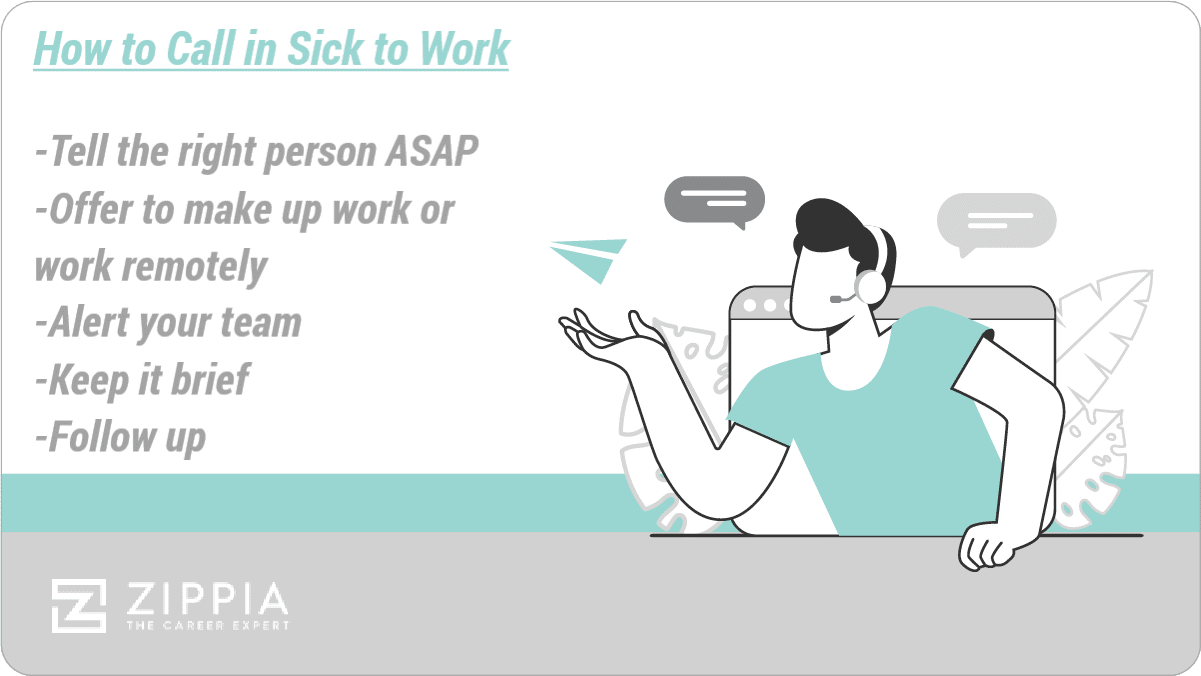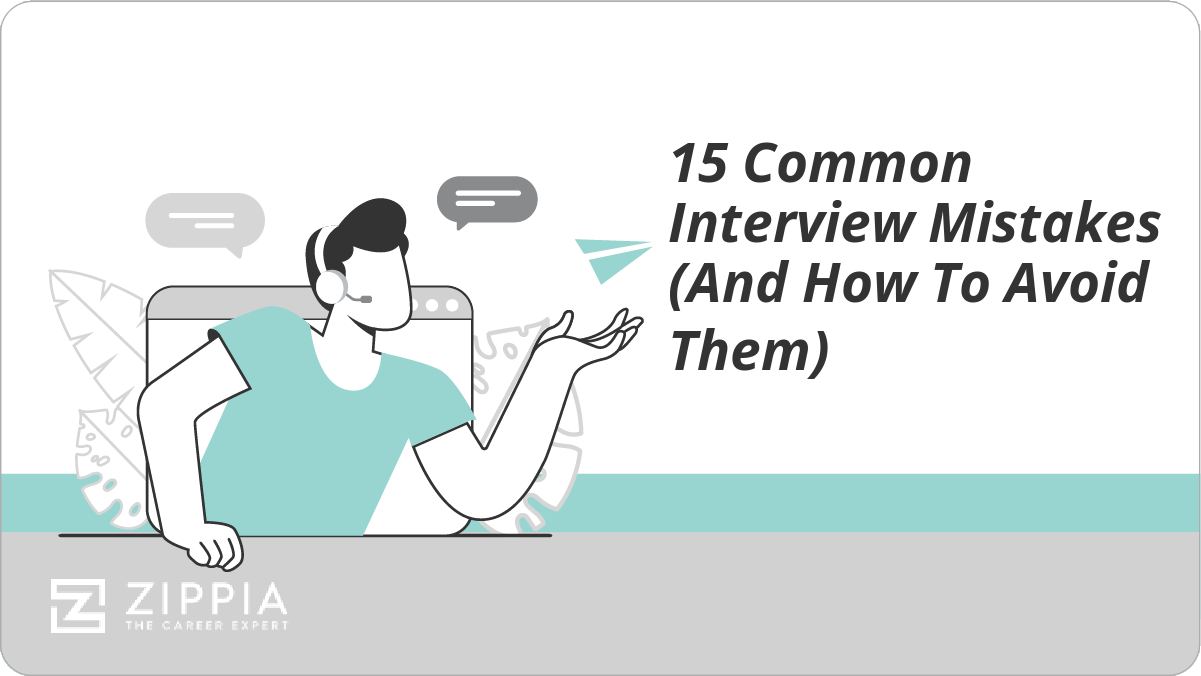- Office Etiquette
- Office Etiquette
- Dating A Coworker
- April Fools Pranks For Work
- How To Be A Good Employee
- Pet Peeves List
- How To Write A Project Proposal
- Qualities Of A Good Worker
- How To Get Along With Your Boss
- What Engaged Employees Do Differently
- What To Say Instead Of Sorry
- How To Send A Friendly Reminder Email
- How To End A Conversation
- Sorry For The Delay
- Tattoos In The Workplace
- Sorry For The Late Reply
- How To Respond To A Compliment
- How To Toot Your Own Horn
- How To Call Out Sick Even If You're Not
- New Employee
- How To Introduce Yourself Professionally
- Welcome New Employee Announcement
- Welcome Letter
- Thank You Note To Colleague
- 30/60/90 Plan
- Getting To Know You Questions
- Job Satisfaction
- Team Building Activities
- At Will Employment
- Company Culture
- Corporate Culture
- How To Succeed At Your New Remote Job
- How To Prepare For New Job Orientation
- How To Create An Employee Handbook
- Hostile Work Environment
- Hostile Work Environment
- How To Deal With A Difficult Coworker
- What Is Human Resource Development (HRD)?
- I Hate My Job
- Burnt Out At Work
- Condescending Coworker
- Sexual Harassment In The Workplace
- Work Environment
- My Job Sucks
- Favoritism At Work
- Respect In The Workplace
- Wagner Act
- Documentation In The Workplace
- Unconscious Bias
- Ageism
- What To Do When You Feel Unappreciated At Work
- How To Respond To A Warning At Work
- How To Deal With A Passive Aggressive Coworker
- What To Do When You're Unhappy At Work
- I Hate My Boss
- Gaslighting Boss
- Signs You're Underpaid
- Insubordination At Work
- Avoid Crying At Work
- Missing Work
- Communicating
- Send Retirement Wishes
- Write A Congratulations Email
- Professional Voicemail Greeting Examples
- Made A Mistake At Work
- Google Tricks
- Appeal Letter
- Employee Morale
- How To Write A Professional Email
- Out Of Office Message
- Small Group Icebreakers
- Memo Format
- Memo Examples
- Cell Phone At Work
- Meeting Minutes
- Communication Barriers
- How To Take Notes
- How To Brainstorm
- Ask For A Mental Health Day
- Transfer Request Letter And Email Examples
- How To Write A Business Proposal
- How To Deal With A Lazy Coworker
- How To Write A Rejection Letter
- How To Say No
- Scheduling
- Personal Goals
Calling in sick to work makes a lot of people uncomfortable. Many worry that they’re not truly sick enough to warrant a day off, or that their boss will think they’re just trying to play hooky.
Public opinion about calling in sick changed rapidly in 2020, and it’s unlikely that this new perspective will change any time soon. If there’s any possibility you’re contagious, there’s just no point coming into the office — especially if parts of your job can be done from home.
While more employers than ever recognize the validity and importance of mental health days to keep employees fresh and happy, calling in sick is often the simpler and more straightforward option.
With that in mind, this article will cover how to call in sick to work when you’re genuinely sick, and when you’d rather use sickness as a convenient excuse for a day off.

How To Call in Sick to Work
When calling in sick, it’s important to remember that your work for the day doesn’t just disappear because you can’t do it.
Either you have to push it back a day, or someone else has to do it, or (worst of all, from your employer’s perspective) the work just doesn’t get done that day and can’t be made up by anyone else.
It’s not your fault that you were or are sick, but it’s always possible that your absence will nevertheless have a negative effect on someone you work with, depending on the nature of your work.
For this reason, there are a few things you should do when you call in sick to make sure you’re being conscientious of your boss and your coworkers:
-
Choose the right person to tell. While employee handbooks and corporate policy documents can probably give you a precise answer, there’s probably no need to go digging through all that literature. For most jobs at most companies, telling your supervisor that you’ll be out is the right choice.
Some companies might also have online portals where you log your sick day requests for admin purposes. If you’re not sure if this is necessary for you because it’s your first time asking for a sick day, simply include it in your call/email to your supervisor. Something like “is there anything else I need to do on my end to log this sick day with HR?” will do.
-
Let them know as soon as possible. If you wake up feeling bad, then email, call, or send a Slack message (however your work tends to communicate) the very moment you realize you shouldn’t come to work. If you’re feeling bad the day before, give your boss a heads-up and let them know about the possibility of you missing work the next day.
-
Alert your team as well. Your boss isn’t the only one who will be affected by your absence. Being a good employee also involves letting your teammates that you’re gone for the day — especially important for jobs with a lot of group projects and collaborative efforts.
-
Offer to make up the lost work however you can. If you’re well enough and the work can be done remotely, offer to work from home. Otherwise, make sure that there’s some sort of plan in place for the work getting done either later on or else by someone else.
-
Follow up. If you need to provide proof of your absence, be sure to do so. However, if you’re just taking a mental health day, don’t use a doctor-note-worthy sickness as your excuse, or you’ll dig yourself into a hole.
Great Places To Work Hiring Now
These five companies are hiring now:
Example Messages for Calling (or Emailing) Out Sick
-
Hi Tim, I woke up feeling unwell this morning and think I may have a stomach bug. I’m not going to be able to come in today, but I should be back to work tomorrow. I’ll try to answer client emails as they come, but I may be unavailable resting. Thanks for understanding.
-
Hello Joanne, I’m calling/writing to let you know I have a sore throat and am feeling achy. I’m not sure if I’m contagious, so I think it’s best if I stay home today. I’ll be on Slack and can help process requests for the marketing team as needed. I’ll be back in tomorrow if I’m feeling better. Thanks.
-
Hi Patton,
I’m writing to let you know that I’ll be staying home from work today. I developed a fever last night and it’s persisted into the morning. To avoid possibly infecting any colleagues, I’m going to stay home today.
I should be back at work tomorrow, but I’ve assigned John to handle my urgent responsibilities for the day. He can also answer any questions about the Anderson account. I’m alerting the rest of the team of my absence as well, and can answer questions periodically throughout the day.
I apologize for any inconvenience this might cause. Please let me know if there’s anything else I can do today or after I come back in to make up for this absence.
Thank you for your understanding,
Phillipa Jones
Tips for Calling in Sick to Work
-
Try not to lie, if you can help it. Honesty is always the best policy, or at least some diplomatic/appropriate version of it. It’s a really bad look to be caught in a lie at work, so it’s best to avoid the possibility altogether.
Of course, in scenarios where your boss doesn’t respect the value of time off at all, barring contagious sickness, it’s fine to whip out a phony excuse every once in a while.
-
Keep it short. Your boss doesn’t need to know all the grisly details of your stomach bug or sore throat. In a long sick leave email, you might explain a bit more, but we’re just talking about calling out for a day here.
Also, there’s the famous Shakespeare quote “the lady doth protest too much, methinks” to consider. Basically, if you’re gabbing away, people perceive that as an attempt to lie by overdramatization.
-
Consider the timing. Calling out sick (when you’re not actually) on the day of a big client meeting or a particularly work-intensive, all-hands-on-deck type of day, your supervisor and/or coworkers will likely resent you. The day before/after a holiday and Fridays are other suspicious options.
On the flip side, choosing a day after a big project wraps up or a particularly light day of work is unlikely to ruffle anyone’s feathers or draw any notice at all.
-
Keep any lies to yourself. If you felt the need to stretch the truth with your excuse, don’t reveal those details to a coworker. There’s really no good that can come of it, and you open yourself up to an embarrassing situation down the road.
On the same note, don’t make your day of hooky public with an Instagram post. Unfortunately, any good times you have on your “sick” day will have to be kept to yourself (at least for a few months, when nobody remembers when you called out sick).
-
Set yourself up for success. If you’re planning a day off in the near future, try to get ahead of your work in some way. Not only will it make it less stressful returning to work after your absence, but it’ll make your boss’ life easier too. People appreciate this level of consideration, and it helps the day off truly feel like a day off.
Good Reasons for Calling in Sick
There are lots of ways to approach telling your boss that you can’t come into work, but at some point or another, you’re going to have to give them a reason. It should go without saying that not all of these reasons are as good as the others.
Here are a few examples of good reasons for taking off work:
-
You’re contagious. This is the big one — if you’re at all likely to get your coworkers sick by coming into work, it’s imperative that you stay home, even if physically you feel mostly okay.
This is especially true for jobs where you can work from home. Heck, you might not even have to take a day off and get away with just answering a few emails for the day in that sort of situation.
-
You truly don’t have the energy for work. If your sickness is causing you discomfort to the point where you can no longer perform your work duties, you shouldn’t be stressing your body out any more by forcing it. The healing process requires rest, so even if you’re not contagious, take the day off to recuperate.
In the long run, you’ll be more productive after giving your body and brain a day to chill out.
-
It’s debilitating. Something like back pain not be the first thing you think of when you consider calling out “sick,” but an injury like this is just as impossible to work through as something like the flu. If your body needs time to heal from an injury, give it the time it needs.
-
Your sickness is disruptive. If the symptoms of your illness would be particularly disruptive to your coworkers, such as vomiting, severe sneezing/coughing, etc., just stay home. Nobody will think you’re an amazingly tough employee for coming in, trust us.
-
You need a day off. You don’t have to be truly sick to call in sick from work. As we said, most employers understand the value of mental health days, but if your boss isn’t one of those people, feel free to lie about sicknesses.
As long as you’re not consistently screwing over your coworkers by playing hooky with phony excuses, there’s no harm in the occasional white lie for a day of recharging.
Get A Higher Paying Job Now
Here are the five highest paying jobs that don’t require experience:
Tips for Calling in Sick for a Mental Health Day
Hey, we all need a random day off from work to recharge every now and then. If your employer offers personal days as part of your paid time off package, then you should be using those instead of sick days. But if your employer doesn’t offer personal days, your only choice is to call in sick.
The steps from above don’t really change, but there are some additional things you should keep in mind as you call in sick.
-
Keep it even briefer. You’re lying, and it’s always best to minimize the things you can get caught on in these situations. Just say you’re calling in sick, and answer questions as necessary (be prepared with some short answers).
-
Don’t brag about your deed. Even if you’ve got work buddies who would never snitch on you, they may accidentally let something slip to someone who would snitch on you.
-
Avoid the call entirely. It’s harder to lie over the phone than through an email or text. Lying on the spot doesn’t come naturally to good people (e.g., you), so send a sick leave email instead. If your company’s policy requires a phone call, do it early in the day so you boost your chances of leaving a voicemail message instead.
-
Make up your work. Playing hooky for a day doesn’t make you a bad employee. But neglecting all your work duties does. Show your supervisor and the rest of your team that you’re a dependable person to have around the office by working extra hard to make up for your fake sick day.
Biggest Companies Hiring Immediately
Here are the five biggest companies hiring near you:
Should You Take Sick Days When You Aren’t Sick?
At some point in your work life, you’re going to wake up nice and healthy, but, for whatever reason, with the strong urge to call out sick.
They’ll be no good reason why you shouldn’t go to work that day — at least, no reason that your boss is likely to accept.
But maybe you’ve been healthy all year. Perhaps it’s been a while since you took a day off work. Maybe you just really, really, really don’t want to go in.
Is it a good idea to use your sick days for personal days?
It depends:
-
Company policy. For one thing, it depends on how your company classifies time off. Some lump sick days and vacation days together, in which case calling in for any amount of time off is pretty much the same process.
If this is the case, then you really don’t need to lie about being sick — after all, the process will be pretty much the same either way.
-
Your track record. It’s also important to know if you’re the kind of person who already takes off sick days frequently, whether for real, imagined, or outright false reasons.
The more you take off time, the more likely your boss is to be suspicious that you’re doing so for illegitimate reasons. If you genuinely need those days because you get sick a lot, using them for no good reason will only bring you trouble.
-
Your boss’ personality. You also want to keep in mind what your boss’ opinion of mental health days is. Some people believe that they should be classified as being sick days, while others think they should be vacation days.
-
Know the risks. Above all, just bear in mind that using sick days for non-sick reasons is a risk — how big of a risk depends on you and your personal work situation, and your decision to use sick days in this way should be calculated accordingly.
Popular Jobs Urgently Hiring Near You
Here are the five most common jobs near you:
Final Thoughts
That’s all we’ve got for this one — again, the biggest thing to keep in mind when asking for sick days off is that it depends on two major things.
The first is your company’s policy toward sick days, and what it recognizes as a “sick day” in the first place.
The second is your relationship with your boss, especially pertaining to how many sick days you’ve taken off so far.
- Office Etiquette
- Office Etiquette
- Dating A Coworker
- April Fools Pranks For Work
- How To Be A Good Employee
- Pet Peeves List
- How To Write A Project Proposal
- Qualities Of A Good Worker
- How To Get Along With Your Boss
- What Engaged Employees Do Differently
- What To Say Instead Of Sorry
- How To Send A Friendly Reminder Email
- How To End A Conversation
- Sorry For The Delay
- Tattoos In The Workplace
- Sorry For The Late Reply
- How To Respond To A Compliment
- How To Toot Your Own Horn
- How To Call Out Sick Even If You're Not
- New Employee
- How To Introduce Yourself Professionally
- Welcome New Employee Announcement
- Welcome Letter
- Thank You Note To Colleague
- 30/60/90 Plan
- Getting To Know You Questions
- Job Satisfaction
- Team Building Activities
- At Will Employment
- Company Culture
- Corporate Culture
- How To Succeed At Your New Remote Job
- How To Prepare For New Job Orientation
- How To Create An Employee Handbook
- Hostile Work Environment
- Hostile Work Environment
- How To Deal With A Difficult Coworker
- What Is Human Resource Development (HRD)?
- I Hate My Job
- Burnt Out At Work
- Condescending Coworker
- Sexual Harassment In The Workplace
- Work Environment
- My Job Sucks
- Favoritism At Work
- Respect In The Workplace
- Wagner Act
- Documentation In The Workplace
- Unconscious Bias
- Ageism
- What To Do When You Feel Unappreciated At Work
- How To Respond To A Warning At Work
- How To Deal With A Passive Aggressive Coworker
- What To Do When You're Unhappy At Work
- I Hate My Boss
- Gaslighting Boss
- Signs You're Underpaid
- Insubordination At Work
- Avoid Crying At Work
- Missing Work
- Communicating
- Send Retirement Wishes
- Write A Congratulations Email
- Professional Voicemail Greeting Examples
- Made A Mistake At Work
- Google Tricks
- Appeal Letter
- Employee Morale
- How To Write A Professional Email
- Out Of Office Message
- Small Group Icebreakers
- Memo Format
- Memo Examples
- Cell Phone At Work
- Meeting Minutes
- Communication Barriers
- How To Take Notes
- How To Brainstorm
- Ask For A Mental Health Day
- Transfer Request Letter And Email Examples
- How To Write A Business Proposal
- How To Deal With A Lazy Coworker
- How To Write A Rejection Letter
- How To Say No
- Scheduling
- Personal Goals





